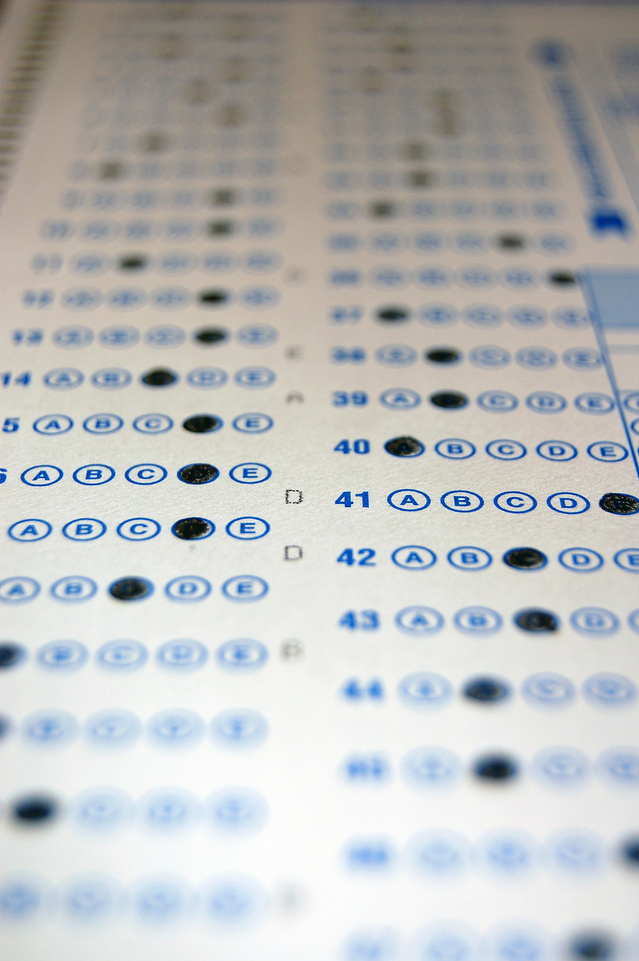Psychological Assessments in Legal Contexts: Are Courts Keeping “Junk Science” Out of the Courtroom?

Testing in the psychological field is shrouded densely in mystery. Psychologists routinely argue that they cannot reveal their underlying test data or materials due to publisher restrictions and ethical duties. No other experts can give opinions without showing their work. A recent article published by the Association for Psychological Science has again cautioned that “junk science” psychological assessments are sneaking their way into courtrooms.
Researchers looked at the types of psychological assessments used in the legal context and the legal challenges to these assessments. Only 67% of the assessments used as evidence were generally accepted in the psychological field. Further, only 40% had favorable reviews of their underlying test properties. Despite methodological and general acceptance issues, attorneys challenged only 5% of these assessments. Even then, courts excluded the assessments only 1/3 of the time. What is more, challenges to assessments the researchers flagged as “scientifically suspect” were almost never challenged.
Challenges to psychological and neuropsychological tests require assessing both underlying validity and reliability the tests in the abstract, but also the application and interpretation of the particular test with a particular individual. This starts with determining what the psychologist actually did in his or her testing. We routinely encounter blatant arithmetic errors in scoring, the use of wrong normative data (e.g. scoring a 6th grade educated child against college educated individuals), or even failing to report all the tests that were administered and scored in a particular evaluation. Each of these issues has the potential to impact the outcome of the testing.
This study again emphasizes the importance for attorneys of critically analyzing the methodology of neuropsychological testing used to support expert witness testimony in litigation, to ensure that both the testing and the expert’s conclusions derived from the testing are reliable, valid, and admissible under Daubert v. Merrell Dow Pharmaceuticals.